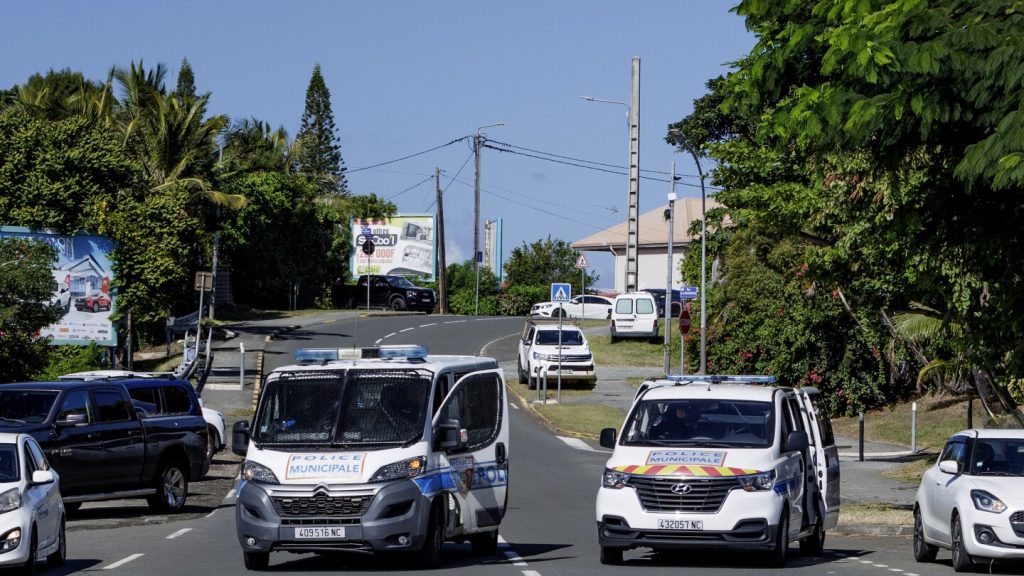The unrest in New Caledonia, a French Pacific territory, has resulted in the death of a man who was shot by police during a violent incident on the road between the capital Noumea and the international airport. The incident involved armed men ramming a pickup truck into a rental car carrying gendarmes and opening fire. Two men were wounded during the exchange of fire, with one succumbing to his injuries later. This marks the eighth death since the violence began in mid-May, with two police officers also among the casualties.
The tensions in New Caledonia stem from changes to the voting law proposed by French President Emmanuel Macron’s government, which has sparked fears among Indigenous Kanaks about being marginalized and losing their push for independence. Pro-independence parties and Kanak leaders are concerned that the voting legislation will favor pro-France politicians in the territory, exacerbating existing economic disparities and discrimination faced by the Kanak community. The unrest has led to clashes, looting, arson, and the erection of barricades by both sides of the divide, prompting French authorities to deploy hundreds of troop reinforcements to maintain order.
New Caledonia’s history dates back to 1853 when it became French under Emperor Napoleon III, eventually becoming an overseas territory after World War II. French citizenship was granted to all Kanaks in 1957. However, decades of tensions between those seeking independence and those loyal to France have persisted, with the recent unrest highlighting the deep-seated grievances within the community. The extension of an overnight curfew until June 17 reflects the ongoing security concerns in the archipelago, as authorities work to contain the violence and restore peace.
The death of the man shot by police underscores the volatile situation in New Caledonia, where longstanding grievances and political tensions have boiled over into violence and unrest. The demand for independence among the Kanak community continues to clash with the French government’s efforts to amend the Constitution and change voting laws, fueling fears of further marginalization and disenfranchisement. The loss of life and injuries suffered by both civilians and law enforcement personnel further highlights the urgent need for dialogue, reconciliation, and a peaceful resolution to the conflict.
As the situation in New Caledonia remains tense, with sporadic violence and confrontations persisting, it is crucial for all parties involved to prioritize dialogue, mutual understanding, and respect for the rights and aspirations of the Kanak people. The deployment of additional security forces and the implementation of a curfew are temporary measures aimed at restoring order and preventing further bloodshed. Ultimately, a sustainable solution to the underlying issues fueling the unrest can only be achieved through genuine efforts at reconciliation, inclusivity, and respect for the rights and identities of all communities in New Caledonia. The international community, including France and regional partners, must support these efforts and work towards a peaceful and just resolution to the conflict in the territory.















